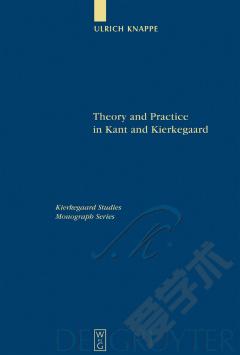Cicero's Ideal Statesman in Theory and Practice
The resurgence of interest in Cicero's political philosophy in the last twenty years demands a re-evaluation of Cicero's ideal statesman and its relationship not only to Cicero's political theory but also to his practical politics.Jonathan Zarecki proposes three original arguments: firstly, that by the publication of his De Republica in 51 BC Cicero accepted that some sort of return to monarchy was inevitable. Secondly, that Cicero created his model of the ideal statesman as part of an attempt to reconcile the mixed constitution of Rome's past with his belief in the inevitable return of sole-person rule. Thirdly, that the ideal statesman was the primary construct against which Cicero viewed the political and military activities of Pompey, Caesar and Antony, and himself.
{{comment.content}}








 京公网安备 11010802027623号
京公网安备 11010802027623号